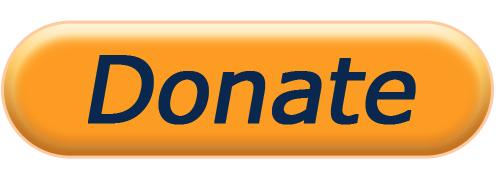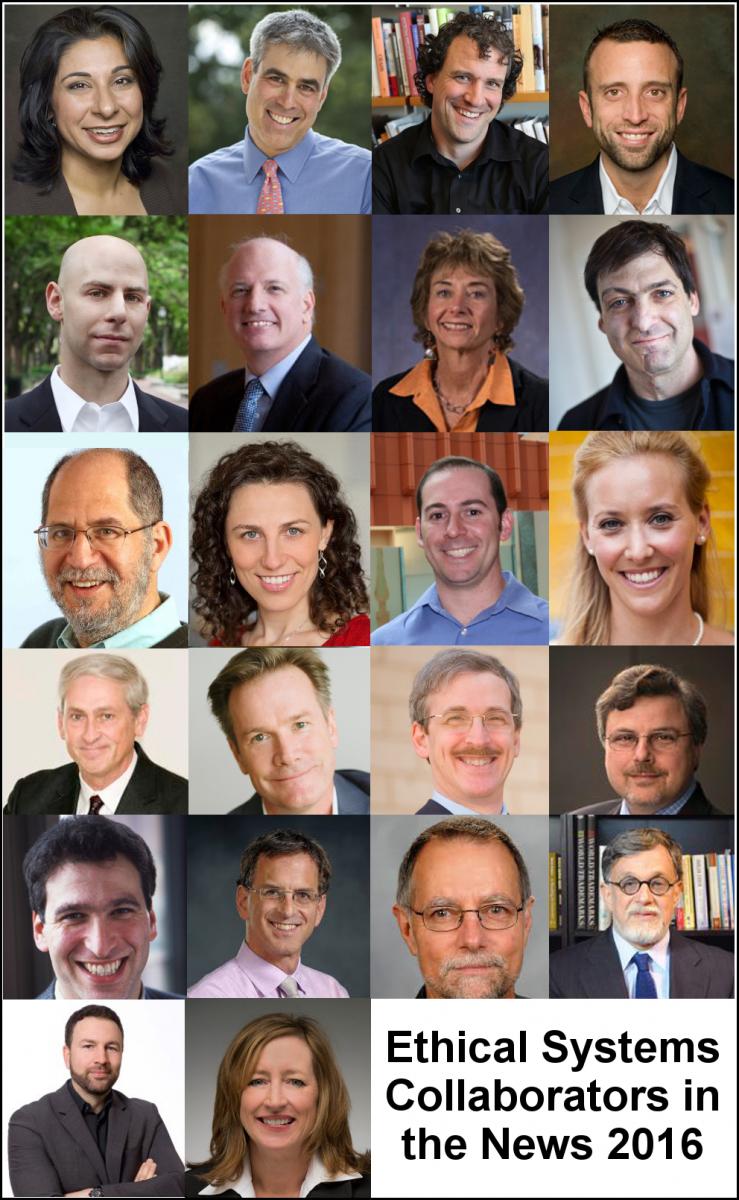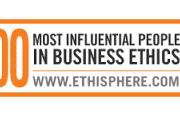2016 End of Year Letter from Jonathan Haidt
 Dear Friends:
Dear Friends:
2016 has been a year of extraordinary change. Many of these changes make our mission – to help companies strengthen their ethical cultures using behavioral science research – more vital than ever.
Consider just these three facts:
- Populist movements around the world are usually antagonistic towards large corporations, which they often perceive as engaging in predatory behavior
- The recent U.S. election likely means a new and lighter-touch approach to regulation and compliance, particularly in the financial services industry
- The Brexit vote means that Britain must quickly decide upon its own approach to regulation.
Putting these together: The world is hungry for new ideas on how to improve business ethics in ways that do not rely as heavily as before on detailed rules formulated by legislatures and regulators. There is a desperate need to help businesses become more self-regulating, in ways that will protect multiple stakeholders while increasing the dynamism and profitability of the business.
That is exactly what Ethical Systems is doing and we have made great progress towards our goals this year.
When we first created the organization, the fundamental problem that we aimed to solve is that business ethics research is not a cumulative science. The academic community conducts research on ethics in organizations, but it is hampered by the difficulty of gaining access to companies, particularly for the kind of time-consuming ongoing experimentation that would be needed to figure out what really works. The business community—particularly the ethics and compliance officers—would welcome the opportunity to address ethical culture, but they are under pressure to focus on compliance instead. These professionals understandably look to each other —not to researchers—for guidance.
What is needed is a bridge and a partnership between these communities. We have been building this bridge since our inception in various ways:
1. The Ethical Systems Culture Measurement Project
The main obstacle to progress has been the absence of a common tool for measuring ethics in organizations. Many companies pay other companies to conduct such measurement for them, but the measures are all proprietary, and the data is not available to anyone outside the company.
To address this need, we convened a panel of academic experts led by ES collaborator Linda Treviño of the Smeal College of Business at Penn State University who culled the research literature to create the first draft of our Ethical Systems Culture Survey. Our first module is an employee survey that allows any company to take an ethical x-ray of itself, which can help it identify problems before they spiral out of control. This simple, free tool will be useful to companies and to researchers, and it will make it so much easier for them to collaborate, as I describe below. When completed next year, the measurement system will have 7-10 modules, using multiple methods including measures of implicit attitudes, reputation in professional circles, text analysis, and other measures that can’t be easily “gamed.”
2. Our first Ethics By Design conference
We created a “bridge” in June with our first conference Ethics By Design: How to Use Nudges, Norms and Laws to Improve Business Ethics. It was a standing-room only event with leading academics and practitioners who presented research on designing ethical systems from a variety of perspectives and components. Coverage in The Wall Street Journal, Forbes, Inc., and the FCPA blog among others reflected the comprehensive agenda and learning. We invite you to watch sessions, download presentations and more on our conference site.
3. New partnerships and alliances
With ambitious plans to better connect the research community with companies, we have advanced our partnership with organizations like the Business Ethics Alliance of Omaha, Nebraska to enable businesses to gain access to quality, unbiased research to test their programs and work alongside academics to streamline internal procedures and improve their ethics outcomes.
In addition, a new collaboration with the Notre Dame Centre for Ethical Leadership has led to informative one-sheets defining concepts from behavioral science to make accessible to a mass audience.
Conversations with a range of companies, regulators, consultants and other leading figures and entities have broadened our understanding of how we can advance our mission and reinforce the connections between business and academia. Ethical Systems also welcomed an expanded list of supporters and friends. We roughly doubled the Ethical Systems mailing list, our Twitter and LinkedIn followers, and our website traffic, compared to 2015.
Next Steps and the Way Forward
Here is our vision, our “business ethics moonshot”: Imagine that thousands of companies use our free culture assessment tools, including small and midsized companies that had not been previously willing to spend the money on such assessments. They now have tools to identify potential problems early on, and they have evidence to evaluate whether management decisions or new procedures harm or improve their ethical climate, employee engagement, and other performance-related variables.
Next, imagine a network of researchers who want to test out new ideas that might help companies improve on these measures. Ethical Systems connects the companies and researchers within a framework that resolves everyone’s concerns about privacy and liability, and that makes it easy for the researchers to obtain a knowledgeable IRB (research ethics) review.
Finally, imagine that these forward-looking companies work with these practically-minded researchers to test dozens of new ideas each year for improving ethical culture and behavior. The research takes little extra time because companies are already collecting data on themselves every year, making it easy to detect effects. Ideas are tested within small units, before being rolled out to whole companies. We actually learn what works and what doesn’t. Employees get better work environments. Businesses get more efficiency and less risk. Business ethics research moves forward, because it is now a truly cumulative science.
As we move from one year of extraordinary change to another, Ethical Systems is working to seize opportunities. By working more closely with researchers, we think businesses can improve their performance and their profitability, and in the process they can earn and deserve greater trust from the public. Which is no small matter these days.
With best wishes for a year of progress amidst change,
Jonathan Haidt
Founder and Director
*photo courtesy of en.fotolia.com
Now is a great time to support Ethical Systems! Help us make ethics easy!

Our collaborators also had a breakthrough year.
See a highlight list of their research, talks and publications that advanced ethics and ethical systems design.









